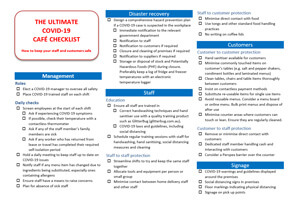Download a printable version

Management
Roles
- Elect a COVID-19 manager to oversee all safety
- Place a COVID-19 trained representative on each shift
Daily checks
- Screen employees at the start of each shift
- Ask if experiencing COVID-19 symptoms
- If possible, check their temperature with a contactless thermometer
- Ask if any of the staff’s family members are sick
- Ask if any worker who has returned from leave or travel has completed their required self-isolation period
- Hold a daily meeting to keep staff up to date on COVID-19 issues
- Notify staff if any menu items have changed due to ingredients being substituted, especially ones containing allergens
- Ensure staff have a means to raise concerns
- Plan for absence of sick staff
Disaster recovery
- Design a comprehensive hazard prevention plan if a COVID-19 case is suspected in the workplace
- Immediate notification to the relevant government department
- Notification to staff
- Notification to customers if required
- Closure and cleaning of premises if required
- Notification to suppliers if required
- Storage or disposal of stock and Potentially Hazardous Foods (PHF) during closure. Preferably keep a log of fridge and freezer temperatures with an electronic temperature logger
Download a printable version

Staff
Education
- Ensure all staff are trained in:
- Correct handwashing techniques and hand sanitiser use with a quality training product such as GlitterBug
- COVID-19 laws and guidelines, including social distancing
- Schedule regular training sessions with staff for hand washing, hand sanitising , social distancing measures and cleaning
Staff to staff protection
- Streamline shifts to try and keep the same staff together
- Allocate tools and equipment per person or small group
- Minimise contact between home delivery staff and other staff
Staff to customer protection
- Minimise direct contact with food
- Use tongs and other standard food handling practices
- No writing on coffee lids
Download a printable version

Customers
Customer to customer protection
- Hand sanitiser available for customers
- Minimise commonly touched items on customer’s tables (e.g. salt and pepper shakers, condiment bottles and laminated menus)
- Clean tables, chairs and table items thoroughly between customers
- Insist on contactless payment methods
- Substitute re-usable items for single use items
- Avoid reusable menus. Consider a menu board or online menu. Bulk print menus and dispose of after use
- Minimise counter areas where customers can touch or lean. Ensure they are regularly cleaned.
Customer to staff protection
- Remove or minimise direct contact with customers
- Dedicated staff member handling cash and interacting with customers
- Consider a Perspex barrier over the counter
Download a printable version
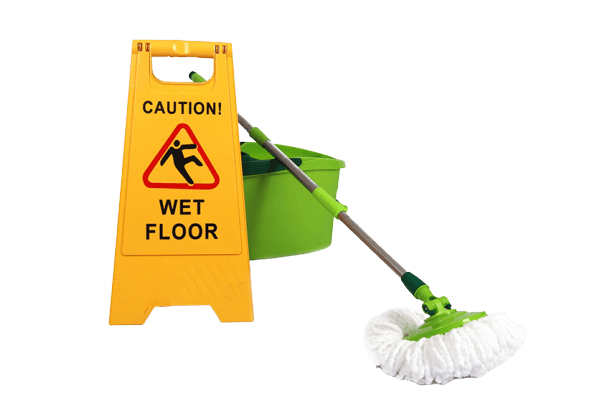
Signage
- COVID-19 warnings and guidelines displayed around the premises
- Social distancing signs in premises
- Floor markings indicating physical distancing
- Signage on pick up points

Reopening After Closure
- Check all use-by dates
- Ensure all Potentially Hazardous Foods were stored below 5°C. Potentially invest in an electronic temperature logger.
- Intensive clean of all areas
Download a printable version
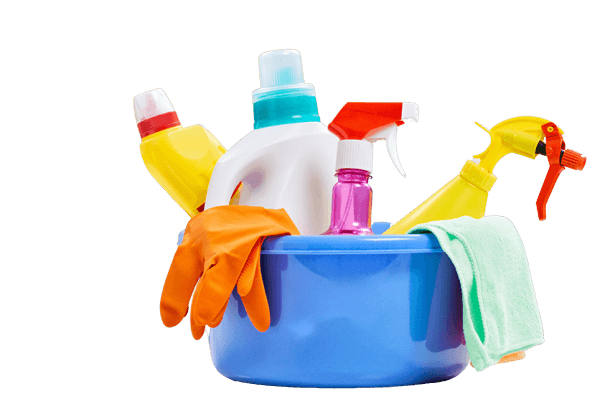
Cleaning
- Clean all highly touched surfaces at least hourly and more often for high traffic items
- Additional cleaning of doors, handrails, etc
- Additional cleaning of toilets including doors, taps, hand driers
- Ensure easy access to rubbish bins for customers (especially in food courts)
- Provide appropriate gloves for cleaning
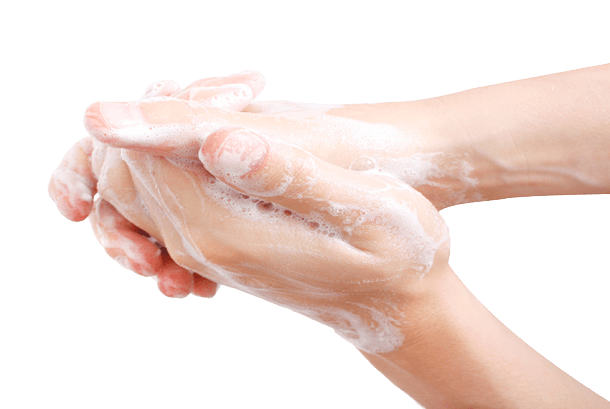
Hand hygiene
- Set strict rules staff for when to wash their hands including when starting or returning to work, before and after handling food, after handling cash, after cleaning.
- Avoid the use of gloves as a substitute for hand washing. If gloves are worn, they must be changed as often as hand washing would have occurred
- Make sanitiser available for customers as they enter the premises
- Sufficient stock of soap and sanitisers for staff
- Sufficient stock of soap and sanitisers for customers
- Correct choice of sanitiser (≥ 70% alcohol)
- Hand sanitiser is NOT used as soap at a sink
- Sufficient stock of disposable towels
- Sufficient stock of Personal Protective Equipment (PPE) for staff members
- Contactless hand dryers in bathrooms
- Consider contactless taps and soap dispensers
Download a printable version
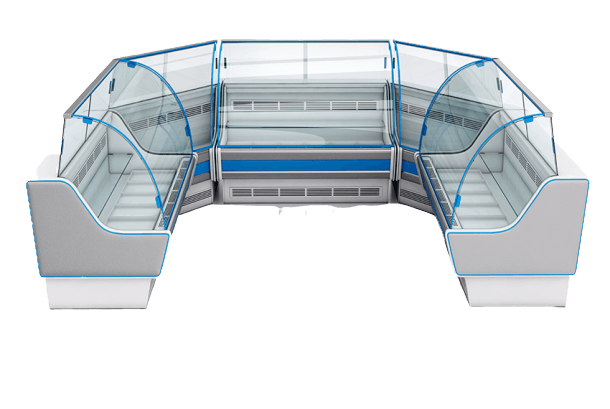
Food display
- Food behind a barrier
- Remove all self-serve options
- All food is handled by staff using tongs where possible
- Correct hand washing procedures if food is to be handled by staff directly

Home delivery
- Ensure delivery staff thoroughly wash their hands each time they enter the premises
- Minimise contact with customers
- Prepayment or credit card payment. Avoid contact with cash.
- Hand sanitiser in vehicles to be used after each delivery
Download a printable version

Layout
- Open doors and windows to increase air circulation
- Ensure customers can enter and leave the premises without touching a door handle
- Layout to allow for physical distancing between customers and staff
- Customers can comply with social distancing requirements
- Queues do not mix with walking areas
- Customers can easily order and move away from the counter
- Ensure social distancing in bathrooms, possibly by restricting to a single person at a time.
- Create a pickup point for customer orders
- Remove or clearly block off unavailable tables and seats
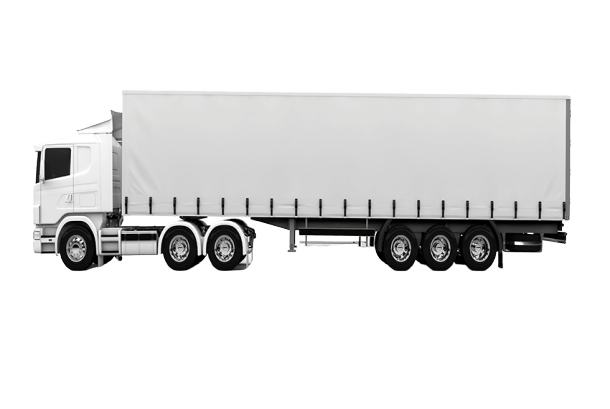
Suppliers
Deliveries
- Require suppliers to ensure their delivery staff are healthy and do not have a temperature
- Allocate an appropriate drop-off point for deliveries
- Enforce physical distancing measures when deliveries are made
Changes
- Confirm with suppliers that stock is readily available
- When sourcing stock from alternative suppliers or changing brands:
- Ensure that ingredients are checked for potential allergens
- Ensure an MSDS is available for all chemicals, especially cleaning products
- Train staff in the correct storage, use and disposal of new products

Young children
- Thoroughly clean and disinfect highchairs
- Toys and play areas are either removed or cleaned very regularly
- Only have items that can be disinfected

